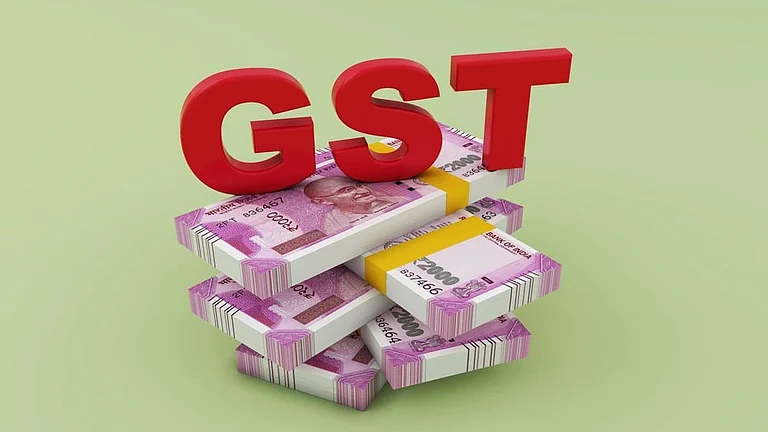Introduced in October 2023, the imposition of a 28% uniform Goods and Services Tax (GST) on all games on the total bet value replaced the erstwhile tax regime, which distinguished between the treatment between games of skill and games of chance. Previously, games of skill were taxed at 18% of the platform fee/Gross Gaming Revenue (GGR) and games of chance were taxed at 28% of the total bet value.
The change was first proposed in the 50th meeting of the GST Council, where it was decided that, “All three; namely casino, horse racing and online gaming [are] to be taxed at the uniform rate of 28%”. Hence, a flat GST rate of 28% applicable on all online games, regardless of the distinction existing between games of skill and games of chance, was proposed. Subsequently, the 51st Meeting of the GST Council removed the perceived distinction in taxation between games of skill and games of chance and amendments were made to the CGST rules.
Coming into effect from October 1, 2023, this regime change caused an immense burden on the gaming industry. Further, the clarification regarding the applicability of the tax slab from the date of enactment of the GST law from July 1 2017 triggered a wave of notices being issued to gaming operators, demanding payments for apparent arrears towards tax obligations dating back several years.
Industry Hobbled
The implications of this policy have been profound. Many companies have been forced to give up substantial portions of their yearly revenues towards GST compliances, thereby significantly impacting their room for growth, or innovation. This has severely affected the capacity of the Indian gaming industry to generate employment and has cost thousands of jobs, both in direct and ancillary functions.
The increased taxation, ultimately leading to reduced prize pools, has also caused players to shift offshore, and unregulated platforms that have raised concerns related to money laundering, consumer safety and fraud. While surveys indicate the income drop in real money gaming (RMG) to be between 20% and 30% for FY25, the [compound annual growth rate] CAGR of the gaming industry on account of future income drops is estimated to be around 7%. The gaming sector has also witnessed a substantial decline in investments with new investments dropping to just $16mn in 2023 from a peak of $1.2bn in 2021.
Interestingly, other countries seem to have adopted a relatively less stringent taxation regime when compared to India. While the United Kingdom has laid down taxes on GGR, ranging around 15%, countries like Portugal and Poland impose taxes on entry amounts ranging between 3-15%. Thus, India’s gaming industry is placed at a disadvantageous position compared to its peers in other jurisdictions on account of India’s taxation rate, which is significantly higher than those of other nations.
Mixed Outcomes
Indeed, stakeholders in the industry have outlined several steps to mitigate the adverse effects of the new GST regime including taxing on GGR as opposed to face value of deposits and the introduction of a separate tax regime for games of skill. However, the government continues to strongly back its original stance without paying heed to the concerns.
The GST case on online gaming, which is currently sub-judice before the Supreme Court, brings to light the struggles faced by the gaming industry on account of the high rate of taxation coupled with its retrospective application by GST authorities. Not only does the case challenge the constitutionality of the amendment carried out to the GST regime but it also questions the legality of the show cause notices issued by the GST department to various gaming operators. Resonating with the gaming industry as a whole, in the short span of one year, over 37 gaming companies have filed cases along similar lines.
While the flip side of the coin showcases the introduction of the 28% GST against total deposits resulting in an increase of 412% in monthly collections, the long-term sustainability of this gain remains in question, as the industry grapples with signs of slowing growth, layoffs and migration towards offshore services.
The author is managing partner, Krida Legal and specialises in gaming laws. Views are personal.


























